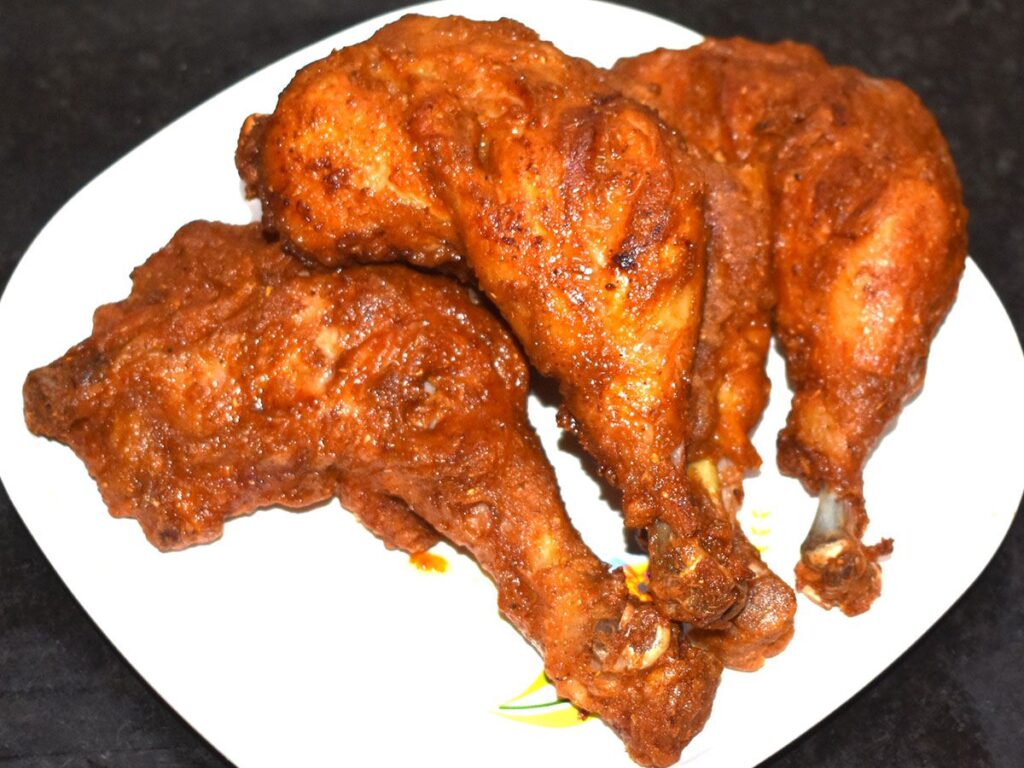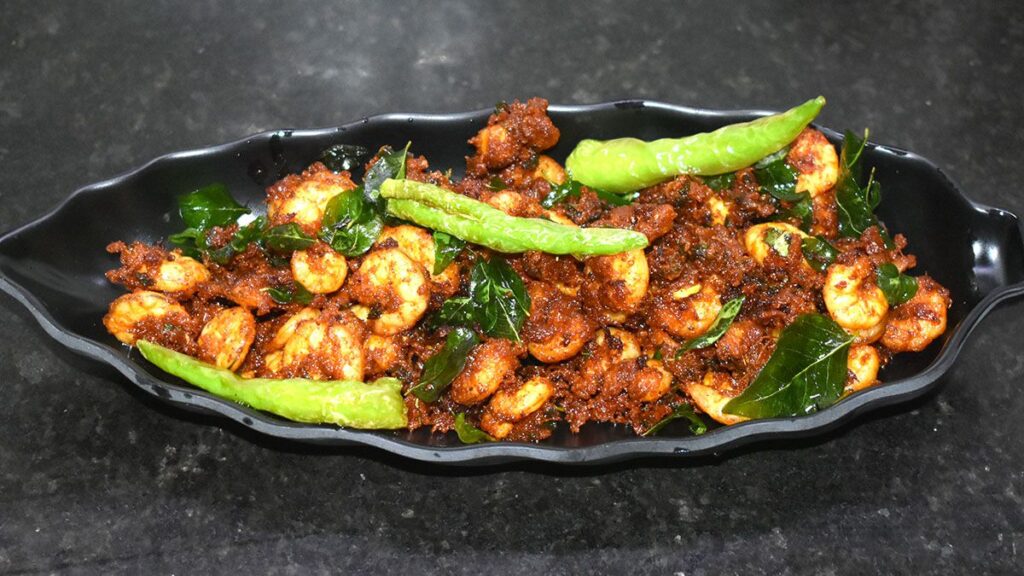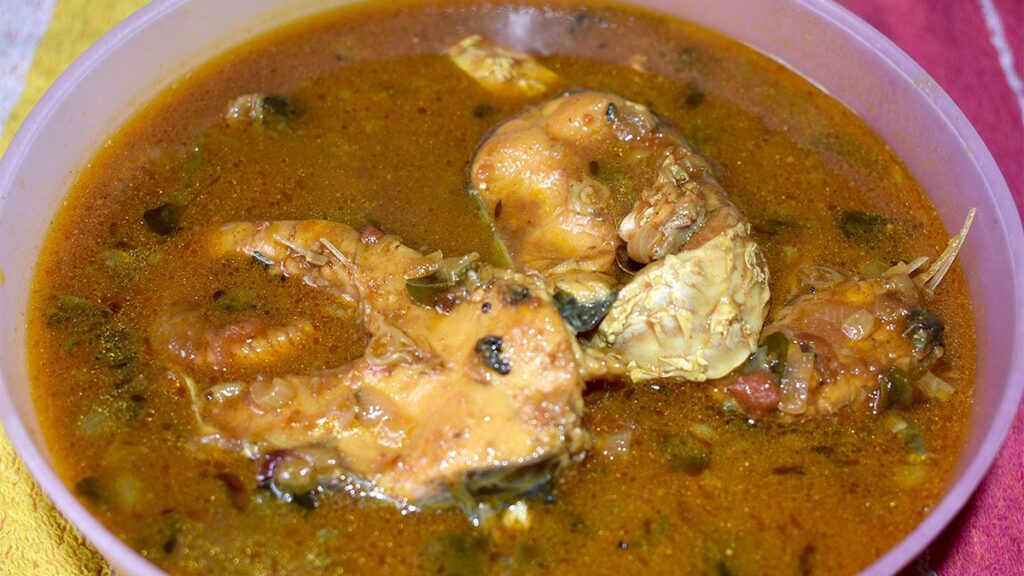Is Eating Non-Veg a sin in Hinduism?
Is Eating Non-Veg a sin in Hinduism: Hinduism, one of the world’s oldest religions, is a diverse tapestry of beliefs, rituals, and philosophies. With a rich cultural heritage and a multitude of texts that guide its followers, Hinduism encompasses a wide range of perspectives on various aspects of life. One such topic that often sparks debate and curiosity is the question of whether eating non-vegetarian food is considered a sin in Hinduism. This complex and nuanced issue delves into the realms of religious scriptures, cultural practices, and individual beliefs, offering a fascinating exploration into the diverse landscape of Hindu thought.

Contents
- 1 Historical Perspective on Eating Non-Veg a sin in Hinduism:
- 2 Religious Texts and Perspectives on Eating Non-Veg a sin in Hinduism:
- 3 Cultural Influences on Eating Non-Veg a sin in Hinduism:
- 4 Philosophical Perspectives on Eating Non-Veg a sin in Hinduism:
- 5 Bhakti and Devotional Pathways on Eating Non-Veg a sin in Hinduism:
- 6 The Influence of Modern Values on Eating Non-Veg a sin in Hinduism:
Historical Perspective on Eating Non-Veg a sin in Hinduism:
To understand the stance on non-vegetarianism in Hinduism, it is crucial to delve into the historical context. Ancient Hindu scriptures, including the Vedas and Upanishads, provide glimpses into the dietary habits of the time. The early Vedic period saw a prevalence of sacrificial rituals, where offerings included various types of food, including meat. The Rigveda, one of the oldest sacred texts, contains hymns that describe the consumption of animals during religious ceremonies.
Over time, however, the emphasis on non-violence (ahimsa) became more pronounced in Hindu philosophy. This shift was influenced by various factors, including the rise of Buddhism and Jainism, both of which placed a strong emphasis on non-violence and vegetarianism. The Bhagavad Gita, a revered scripture in Hinduism, promotes the idea of performing one’s duties without attachment and advocates for a balanced approach to life.
Read More>> Niyoga in Hinduism: Unveiling a Controversial Practice in Hinduism
Religious Texts and Perspectives on Eating Non-Veg a sin in Hinduism:
The question of whether eating non-vegetarian food is considered a sin in Hinduism lacks a unanimous answer, as perspectives vary among different sects and communities. The Manusmriti, an ancient legal text, provides guidelines for righteous living and outlines the principles of dharma. While it mentions the permissibility of consuming certain meats for specific occasions, it also underscores the importance of ahimsa.
Conversely, the Dharmashastra texts, which delineate the principles of dharma, express varying opinions on non-vegetarianism. Some advocate for moderation in meat consumption, while others promote a vegetarian lifestyle. The complexity of these perspectives reflects the diversity within Hinduism and the freedom it affords its followers to interpret and choose their paths based on personal convictions.

Cultural Influences on Eating Non-Veg a sin in Hinduism:
Cultural practices and regional influences play a significant role in shaping dietary preferences within Hindu communities. For instance, certain regions in India have a strong cultural tradition of vegetarianism, while others have a more inclusive approach to meat consumption. The diversity in food habits across the subcontinent underscores the pluralistic nature of Hinduism, allowing for adaptation based on geography, climate, and availability of resources.
The concept of ‘Sattvic’ and ‘Tamasic’ foods, as outlined in Ayurveda, the ancient system of medicine, further adds layers to the discussion. Sattvic foods, which include fruits, vegetables, and dairy products, are considered pure and conducive to spiritual growth. On the other hand, Tamasic foods, such as meat and intoxicants, are believed to be detrimental to one’s spiritual well-being. However, these classifications are more aligned with the qualities of the food rather than strict endorsements or prohibitions.
Read More>> Oldest Religion in the World
Philosophical Perspectives on Eating Non-Veg a sin in Hinduism:
Hinduism encompasses a diverse range of philosophical schools, each offering distinct perspectives on ethics, morality, and the nature of reality. The concept of ‘Jivatma’ (individual soul) and ‘Paramatma’ (universal soul) is central to many philosophical traditions within Hinduism. Some argue that causing harm to any living being, including animals, disrupts the interconnected web of existence, thus advocating for a vegetarian lifestyle.
However, other philosophical schools, such as the Nyaya and Mimamsa, present alternative viewpoints. These schools assert that the Vedic rituals, including the performance of yajnas (sacrifices), involve the use of animal products, symbolizing a complex relationship with non-vegetarianism within the larger framework of religious practices.

Bhakti and Devotional Pathways on Eating Non-Veg a sin in Hinduism:
Bhakti, the path of devotion, is a significant aspect of Hindu spirituality. Devotees often find solace and connection with the divine through acts of worship, prayer, and rituals. Within the bhakti tradition, the emphasis is on one’s love and devotion to God rather than strict adherence to dietary regulations. Many bhakti saints and poets celebrated the inclusivity of the divine, emphasizing that God transcends distinctions based on diet or lifestyle.
Karma Yoga, the path of selfless action, also provides a unique perspective. It suggests that the intention behind one’s actions is more important than the actions themselves. If consuming non-vegetarian food aligns with a sense of duty and is done without attachment, it may not be considered a hindrance on the path of spiritual growth.
Read More>> Why do we Ring Bells in Hindu Temples?
The Influence of Modern Values on Eating Non-Veg a sin in Hinduism:
In the contemporary era, the question of non-vegetarianism in Hinduism is further complicated by the impact of globalization, changing lifestyles, and evolving ethical considerations. As individuals become more conscious of environmental sustainability and animal welfare, some Hindus are reevaluating their dietary choices. This has led to a growing trend of individuals adopting vegetarian or plant-based diets, aligning with their personal values and a sense of responsibility towards the planet.
Conclusion:
The question of whether “Is Eating Non-Veg a sin in Hinduism?” is a complex and multifaceted issue that draws upon historical, religious, cultural, and philosophical perspectives. The diversity within Hinduism allows for a range of interpretations and practices, emphasizing the importance of personal conviction and understanding. While some scriptures provide guidelines, the emphasis on individual dharma and the pursuit of a righteous life gives followers the freedom to make choices that resonate with their beliefs and values.
